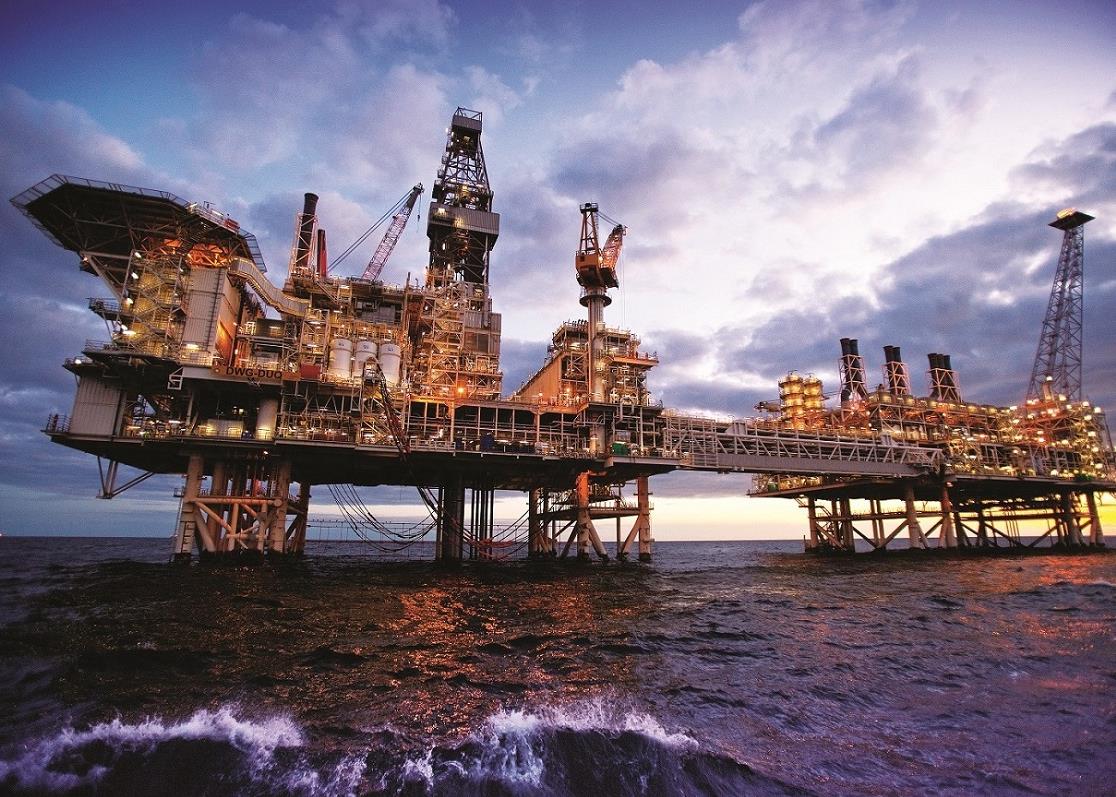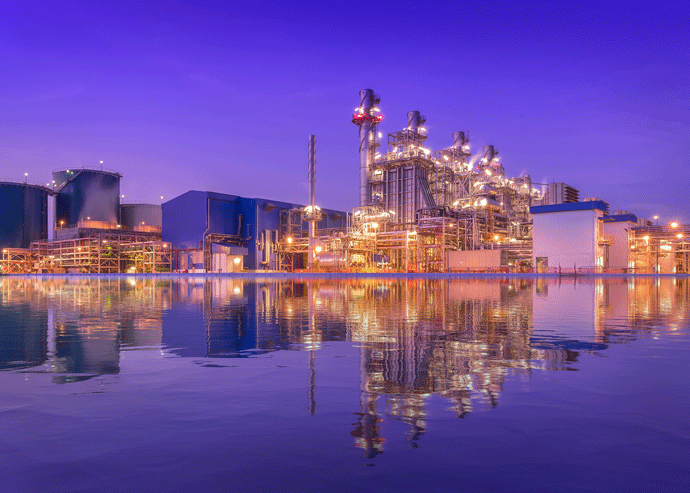
Impact of sanctions pushes Tehran to expand refining capacity and cut back petrochemicals exports
Tehran has long been aware of its vulnerability to a gasoline embargo. Iranians currently enjoy some of the lowest petrol prices in the world. But despite its vast oil resources, until this month, the country has been forced to import 30-40 per cent of its gasoline needs.
In October 2009, Tehran stated that it was planning to raise production to 3 million barrels a day (b/d) by 2012 from around 1.5 million b/d today.
Progress in expanding and modernising its refineries has been slow and projects have fallen behind schedule as the country struggles to get hold of technology.
To speed up efforts Iran has turned to its petrochemicals industry, switching production at a number of plants to produce gasoline. The Oil Ministry now claims it can produce more than enough to meet the country’s demand of 64 million litres a day.
Iran has not signed any gasoline import contracts since the end of August. If the government proceeds with its plan to remove fuel subsidies, Iran could see itself turn into a net exporter.
The petrochemicals industry contributed some 40 per cent of Iran’s non-oil exports in 2009, totalling approximately $6.5bn. This figure is expected to fall drastically in 2010, after UN sanctions were strengthened in June.
The switch has taken some of the pressure off Tehran for now, but the long-term effect on one of Iran’s most cost-efficient industries could be the hidden price of self-sufficiency.
You might also like...

Adnoc Offshore awards Upper Zakum contract
17 April 2024

Oman awards Batinah coastal road contract
17 April 2024

Oman appoints Al Khuwair Downtown project manager
17 April 2024
A MEED Subscription...
Subscribe or upgrade your current MEED.com package to support your strategic planning with the MENA region’s best source of business information. Proceed to our online shop below to find out more about the features in each package.









